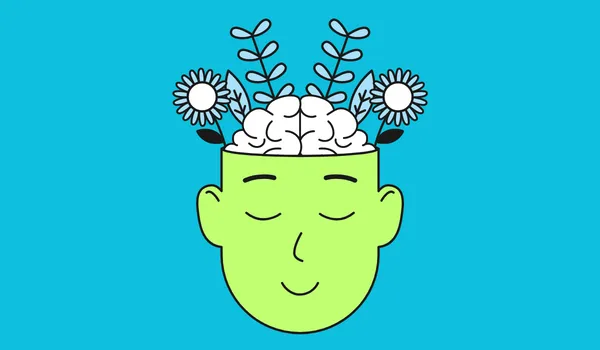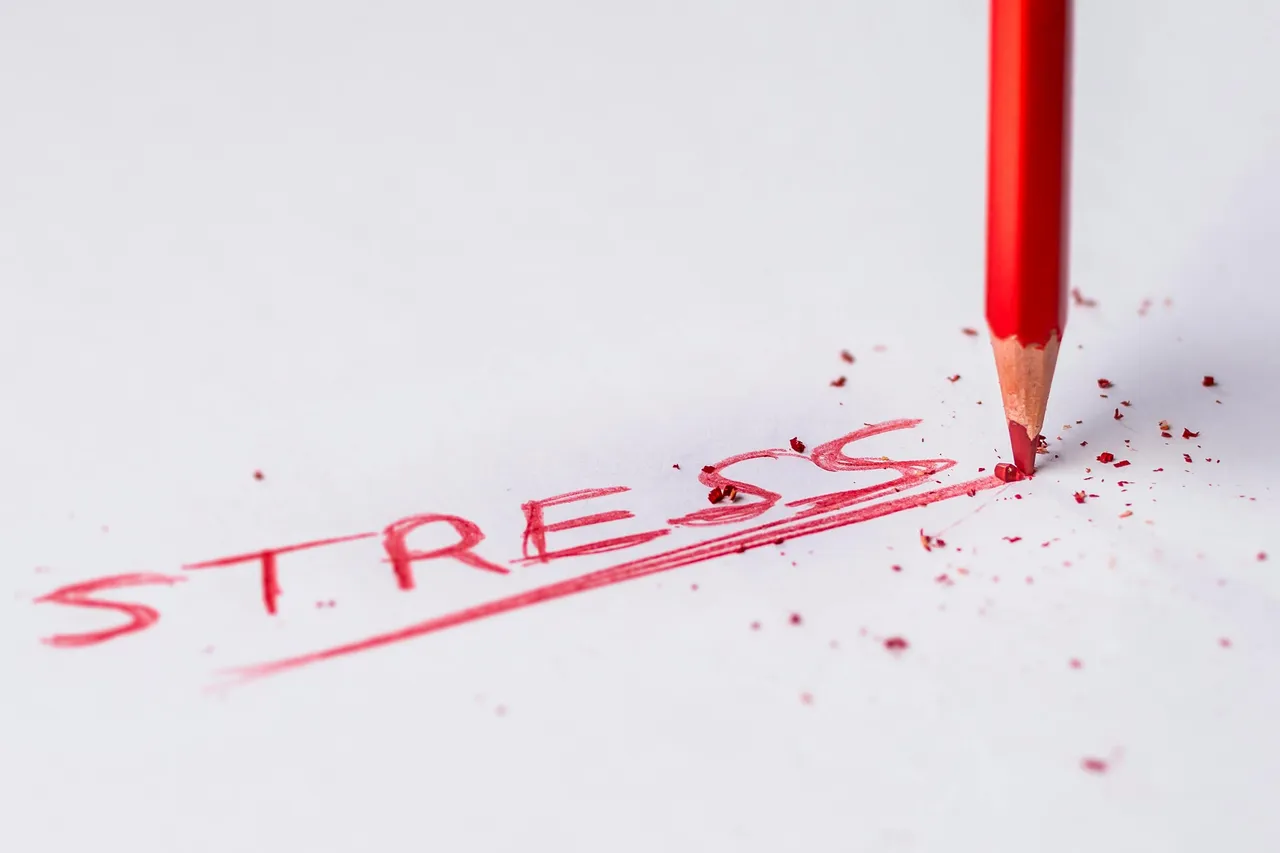Medical students are trained to diagnose and treat illness, yet often neglect their own mental health. Beneath the surface of academic achievement lies a growing crisis: burnout, anxiety, depression, and emotional exhaustion—all before they even earn their degrees.

The Data: A Crisis in the Making
Recent global studies paint a worrying picture:
A 2023 meta-analysis published in JAMA found that 27% of medical students globally experience depression, and 11% report suicidal ideation.
A cross-sectional study in India (2024, BMC Medical Education) revealed that 68% of students had moderate to severe stress, with female students disproportionately affected.
In the U.S., the AAMC 2023 Report showed that nearly 50% of medical students met the criteria for burnout, often citing sleep deprivation, academic pressure, and fear of failure.

Causes of Burnout
Burnout in med school is driven by a mix of structural and personal factors:
-Relentless workload and rigid exam cycles
-Lack of autonomy in academic or clinical settings
-Fear of underperformance and toxic competitiveness
-Inadequate mental health resources and stigma around seeking help
-Sleep deprivation and poor lifestyle habits
Coping Mechanisms: What Works (and What Doesn’t)
Many students turn to short-term coping like isolation, overworking, or substance use, which often worsen long-term outcomes.
However, evidence-based strategies are emerging:
Peer support groups: Shown to reduce anxiety and build a sense of community.
Mindfulness and cognitive behavioral therapy (CBT): A 2024 Harvard Med study reported a 30% reduction in burnout scores after an 8-week mindfulness intervention.
Flexible scheduling and pass/fail grading systems have also demonstrated mental health benefits.

Are Schools Doing Enough?
While some institutions have launched wellness initiatives, many fall short of addressing root causes. Cultural stigma, lack of confidentiality, and administrative barriers often prevent students from accessing care.
There’s a growing call for:
-Mental health curricula
-Embedded counseling services within medical campuses
-Mentorship programs that address personal as well as academic struggles
The Path Forward
Medical education reform must recognize that the cost of training future doctors should not be their mental health. Equipping students with emotional resilience, healthy coping skills, and supportive environments is not optional—it’s essential for building a competent and compassionate workforce.